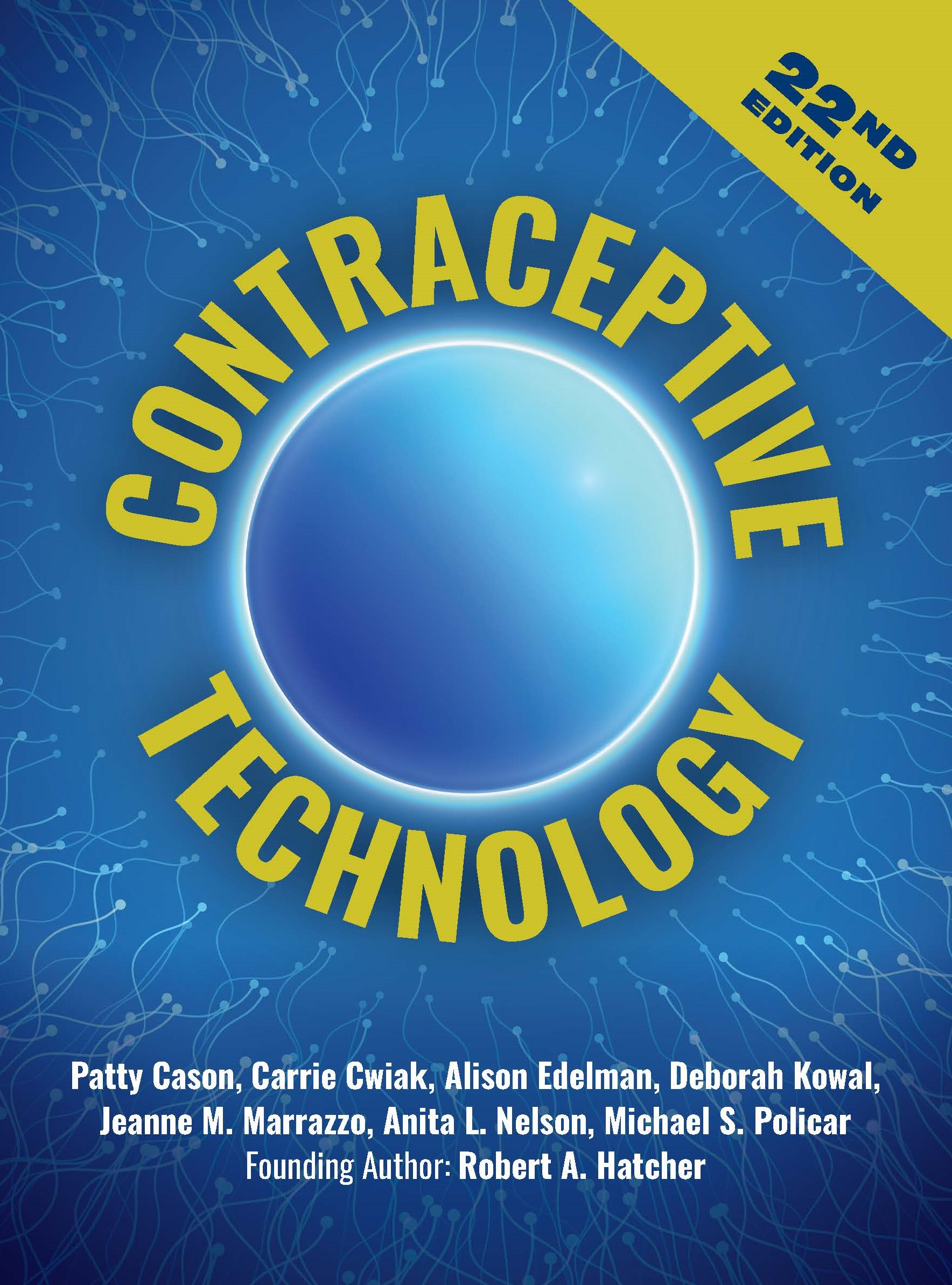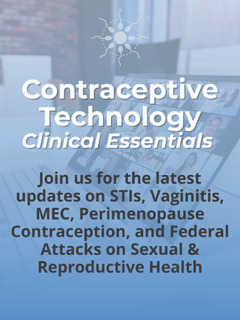
There’s no possible way I could be pregnant!
A patient has a positive urine pregnancy test and says they can’t possibly be pregnant.
What do you do next? Any test obtained in a clinic, research, or even in a home setting
has the potential to have false positive results. It’s reasonable to start this evaluation
with an assessment of how likely it is that the patient might be pregnant. If there is any
possibility, then they are likely pregnant until proven otherwise. Here are the next steps
in some puzzling scenarios …
Jan / 2026
Answering your questions about wellness exams for adults assigned female at birth – often called the “well woman exam”
Adults of reproductive age (18-45 years) who were assigned female at birth (i.e., born with a vulva and a vagina) frequently ask what screening examinations and tests are recommended for maintaining optimal health. Dr. Carrie Cwiak, Professor of Gynecology and Obstetrics at Emory University, offers the answers to those frequently asked questions.
Nov / 2025
Acute Heavy Menstrual Bleeding!
Question: I am used to treating patients who report chronic heavy menstrual bleeding, but what can I do for a patient in my clinic who at this moment is actively losing excessive amounts of blood? She has to change her pad every 30-40 minutes and wear double protection to prevent spillage. I can tell she needs help now and may not be able to be referred.
Sep / 2025
The Book
Now available in a new 22nd edition, this well-known text with more than 2 million copies in print has been the leading family planning resource... Read more

Contraceptive Technology Clinical Essentials Series!

We are thrilled to announce the first Contraceptive Technology – Clinical Essentials Series! Launching on World Contraception Day, September 26, 2025. Clinical Essentials will be on demand, available until January 15, 2026. Click below for detailed agenda information!
Learn More
